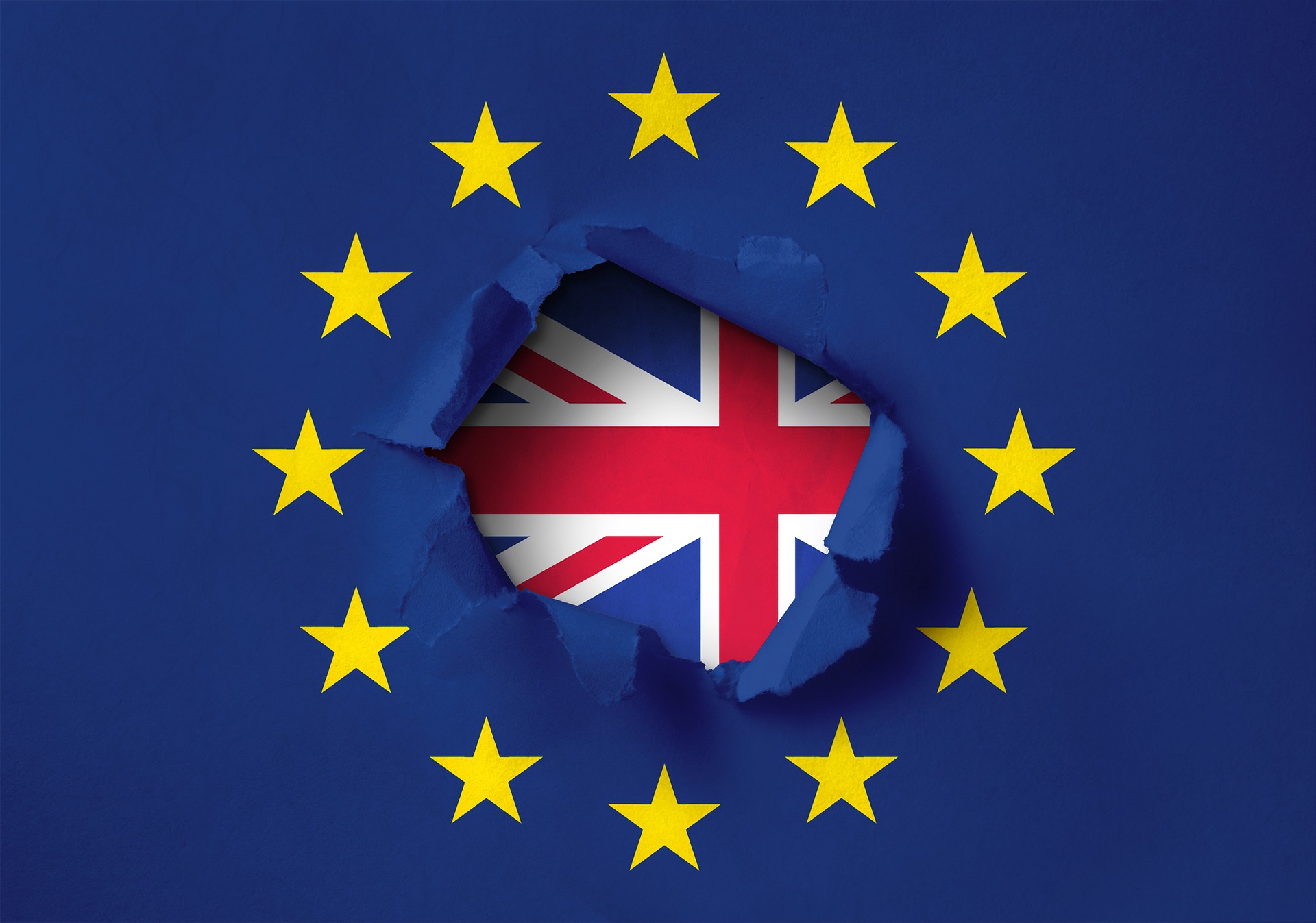On June 23, 2016, a majority of British voters surprised pundits and backed a referendum to leave the European Union (EU) — and the world immediately felt the consequences. On June 24, 2016, equity markets crashed, wiping out nearly $3 trillion in value, and the British pound, one of the world’s steadiest currencies, hit a 31-year low.

Although the referendum was legally non-binding, the pro-Brexit government moved forward and initiated the two-year EU withdrawal process on March 29, 2017. The United Kingdom and the European Union are now racing to finalize an agreement before they butt up against a March 2019 deadline. On November 14, British Prime Minister Theresa May released a draft Brexit deal to the public. On November 24, the leaders of the European Union approved the deal. However, on January 16, 2019, the British Parliament rejected the Prime Minster's Brexit deal by a historic margin. Now, British leaders are scrambling to come up with an acceptable deal, as they quickly approach their March deadline.
A failure to reach an agreement risks triggering a no deal Brexit, which would send major shockwaves through the UK business and trade systems and risk forcing a hard border between Northern Ireland and the Republic of Ireland.
More than 1,600 BPS members hail from EU countries and the United Kingdom and whatever form a Brexit deal takes will have major impacts on their research.
Brexit: What Are the Science Issues?
Scientific research and technological innovation is increasingly global in nature. The United Kingdom has long attracted some of the world’s strongest science and engineering talent and has consistently been a leading country in research and development output. Yet, Brexit, and worse a no deal Brexit, poses serious challenges to the research community that will need to be resolved in negotiations. Some of the thornier issues for scientists include:
- Movement of People:
- According to a report by the Royal Society, 29% of academic staff in UK universities are non-UK nationals, with 17% coming from EU countries. This heavy reliance of UK science on an international workforce means that the loss of freedom-of-movement between the UK and the EU will negatively impact the British research enterprise.
- Regulation:
- Some view leaving the EU and its often burdensome regulatory structure as a net positive for research. In July, the European Court of Justice (ECJ) ruled that all gene-edited crops – including CRISPR-Cas9 plants – are all subject to the EU’s stringent rules for genetically modified (GM) crops. Further, the British government also has friendlier policies for researchers utilizing stem cells, than the EU.
- Research Collaboration:
- In a piece published in Nature, British scientists reported that they are having increasing trouble securing collaborators from Europe, as they view their research as a risky bet until the Brexit situation is resolved.
- Research Funding:
- In the event of a no deal, British researchers would immediately lose access to three prominent European research funding streams under the EU’s Horizon 2020 program. Since 2014, British researchers have been awarded $5.5 billion from these programs.
Brexit and the BPS Annual Meeting – Sunday, March 3
Brexit & Science: Consequences for Research Funding and Immigration Flows
In light of the quickly approaching Brexit negotiation deadline, BPS’s Public Affairs Committee will be hosting a panel of scientists and government policy experts to discuss the scientific impacts of Brexit. The panel will be held on March 3, 2019, from 2:30 – 4:00pm in the Baltimore Convention Center.
We are pleased to announce two confirmed speakers:
- Andrew Price, Head of Science and Innovation Network for the USA; Regional Manager, Americas, British Embassy, Washington DC.
- Tony Watts, President, European Biophysical Societies' Association; Biochemistry Department, University of Oxford
- Matthias Wilmanns, European Molecular Biology Laboratory, Head of Unit, Hamburg, Germany
Learn more about the session on the Annual Meeting website.
Interested in learning more?
Brexit: Analysis and FAQs. University of Cambridge. https://www.eu.admin.cam.ac.uk/
Brexit and the EU. Wellcome Trust: https://wellcome.ac.uk/what-we-do/our-work/brexit-and-eu
Brexit and UK Science. The Royal Society: https://royalsociety.org/topics-policy/projects/brexit-uk-science/.
European Union Law Resource Centre: Oxford University Press: https://global.oup.com/uk/orc/law/eu/eulaw/.